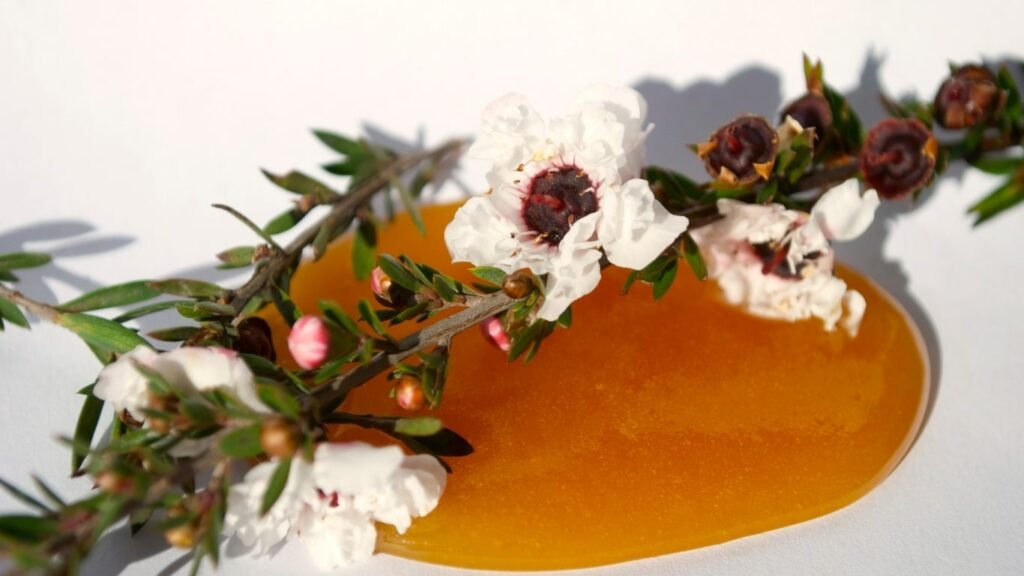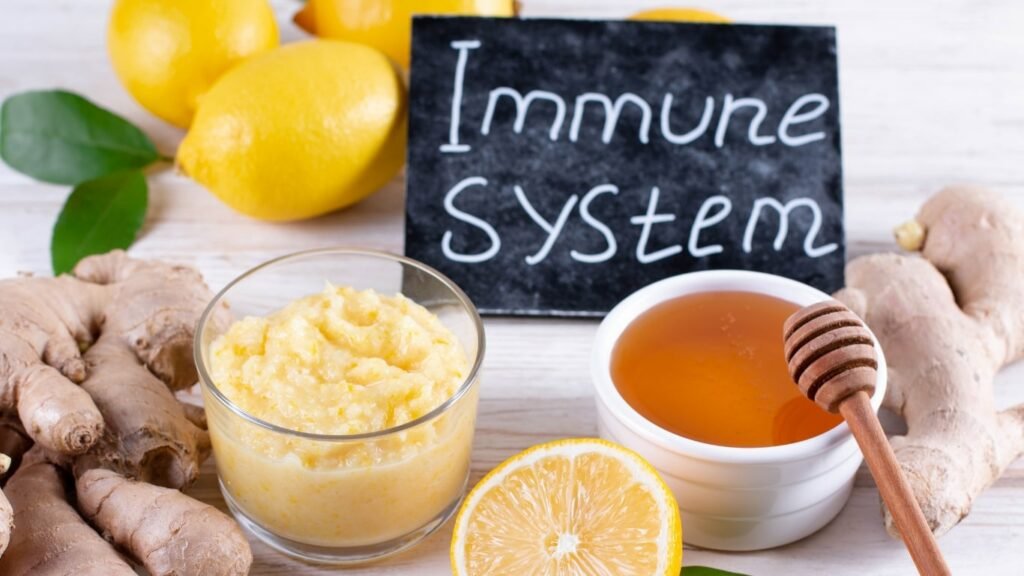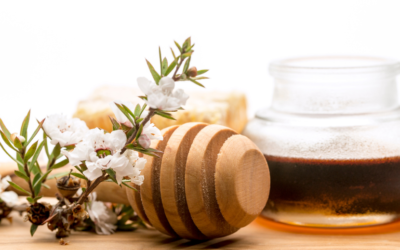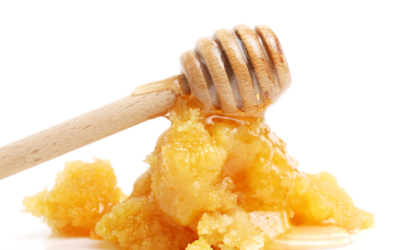
Vitamins and minerals are essential for your body to function properly, it helps to build a healthy immune system, grow tissues and regulate metabolism. When trying to obtain these minerals and vitamins, getting them from natural sources is better than dietary supplements. You should have a diet of unprocessed food, as these foods contain most of these essential nutrients.
In this article, you will get to understand the nutritional properties of Manuka Honey and we will show you how Manuka Honey, a natural gift from nature, can be a great addition to your overall wellness routine.
There are many different types of honey but what makes Manuka Honey different? Why is it the most popular honey out there in the world?
What Makes Manuka Honey a Nutritional Powerhouse?
Do you know that Manuka Honey is much more complex than other types of honey? It is researched to contain more than 2,000 different natural compounds. You only need to eat one spoonful of honey a day to get these nutrients, the bees have already done the job of collecting and making this powerful and complex natural liquid gold for you.
Manuka Honey is really unique because only Manuka Honey that is made in New Zealand is considered to be authentic. The pristine environment in the fields of New Zealand produces honey like no other. It contains vitamins, enzymes, and antioxidants, and it is shown that consuming it can aid in digestive, immunity and gut health.
There are more than 9,000 pieces of scientific literature that have been done regarding Manuka Honey. These papers really go in-depth into finding out the unique composition, health properties and bioactivities of Manuka Honey. And what are the results? Out of the many, it shows that this prized honey can support well-being and aid in soothing your throat.
Being high in bioactivities, it made Manuka Honey famous throughout the world. New Zealand authorities came up with a laboratory test and rating of the concentration of these beneficial compounds. Imagine a government body testing the honey to tell you how potent it is, wouldn’t it be great? This testing is the well-known Unique Manuka Factor (UMF) Rating, which is shown on all Manuka Honey bottles. Of course, the higher the number rating the better it is.
Do you know that every honey is different? Its health properties depend on the type of honey and how it is being harvested. Improper harvesting and beekeeping methods can affect the quality of honey. When choosing honey, the safest choice is to get a raw/unpasteurised one, as you will be getting its original taste and nutrients, as though straight out of the beehive.
The difference between Manuka Honey from the rest is its high content of methylglyoxal (MGO) and hydrogen peroxide which forms its antibacterial properties. This naturally occurring MGO is known to support the growth of certain tissues and promote general metabolic function.
Is Manuka Honey A Healthier Alternative Than Sugar?
As mentioned previously, taking in natural and unprocessed ingredients is the basis for healthier living. When you understand this point, using honey instead of chemically formed sugar is obviously better for your health. Honey is made from the nectar of flowers, do you see how natural it is? It contains not only sucrose but glucose, fructose, and maltose as well.
Apart from the different types of sugar it also contains nutrients not found in sweeteners. There is a whopping 181 minor components that have been identified in honey, with the main components being proteins, enzymes, amino acids, vitamins and minerals.
However, you need to understand that the nutritional composition of the honey depends on the floral source, environmental factors and beekeeping methods. Just like how wine is prized in different countries, this applies to honey as well, as it is a natural product after all.
Manuka Honey VITAMINS AND MINERALS Composition

Raw manuka honey features:
- Methylglyoxal (MGO)
- Hydrogen peroxide
- Amino acids
- B vitamins (B6, thiamine, niacin, riboflavin, pantothenic acid)
- Calcium
- Copper
- Iron
- Magnesium
- Manganese
- Phosphorus
- Potassium
- Zinc
- Sodium
From the above, you can see that Manuka Honey contains many nutrients, let’s go into each of them to share their benefits. Polyphenols like flavonoids, minerals, probiotics and amino acids aid in the growth and support of your physiological functions. Another important vitamin is Vitamin B, which absorbs energy from food, calcium for bones and iron for red blood cells. Potassium helps with heart health and Zinc helps in processing micronutrients in food and wound healing.
Manuka Honey itself has more antioxidants than other traditional honey. The antioxidants help to protect against everyday stress and toxins. It can help you to protect against cognitive decline and diseases.
In Conclusion
Although these minerals and vitamins are not in very large amounts, it is what nature provides and there is no need for you to take in excessive quantities of these nutrients. Consistent, daily intake of Manuka Honey can supplement these body nutrient intake. Moderation is key, and you’re also consuming other food which would supplement some of these nutrients. Therefore, while maintaining a healthy diet, include Manuka Honey to further boost your well-being today!




